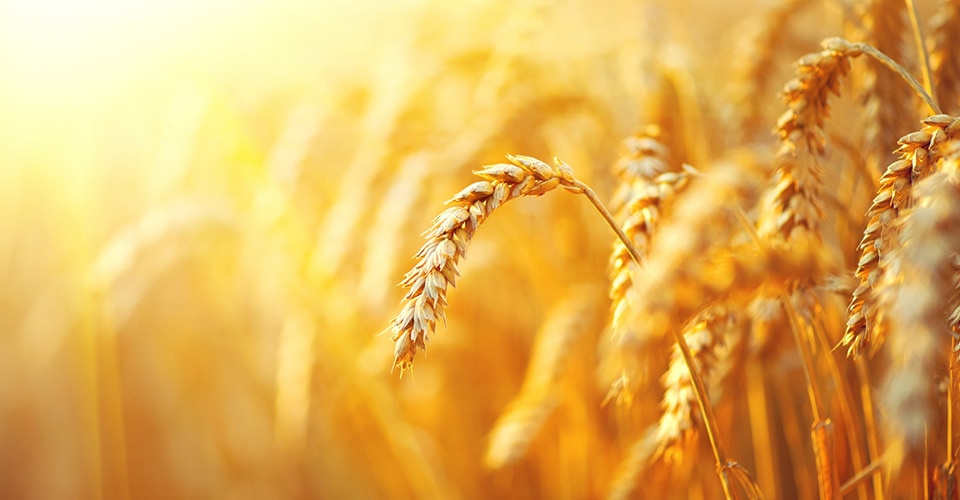Discover how a strong collaboration across the food and feed industry value chain can enable
sustainable farming practices

Discover how a strong collaboration across the food and feed industry value chain can enable
sustainable farming practices

How can we feed the planet without negatively impacting the environment and agricultural lands?
The United Nations estimates that the grain production needs to increase by 70% to meet the future demand of a world growing population. As agriculture is among the greatest contributors to climate change issues, how can we feed the planet without negatively impacting the environment and agricultural lands? One of the challenges facing farmers is related to storage of grains or feed. Grain preservation depends on various factors like dry matter content, storage time, temperature and facilities available for processing and storage on the farm.
For long-term preservation of grains, different mold inhibitor solutions can be used to protect them from microorganism degradation. We have partnered with Kemin Industries, a global ingredient manufacturer, and Adesco Nutricines, an agri-technology and services business focusing on the efficiency of feed and grain industries, to conduct a gate-to-gate Life Cycle Assessment Study to check greenhouse gas CO2-eq emission by comparing three different methods of grain storage (wheat and barley): aeration, drying, and preservation addition.
The study demonstrated that drying and aerating grain means a larger carbon footprint in comparison to treating grains with Myco CURB® ES Liquid. The addition of a mold inhibitor, a preservative based on propionic acid supplied by Dow, and a synergistic combination of other organic acids, their salts and surfactants – enabled a reduction up to 3 times the CO2 emissions of stored grain in comparison to aerated and dried stored grains. Blonk Consultants granted certification attesting that the life cycle assessment of this study met ISO 14040 and ISO 14044 requirements. The external validation was crucial to partners involved.
Dow is proud to contribute to optimize grain production and storage practices offering material science solutions and collaboration from our scientists and experts. From raw materials to compound feeds and finally to the end product (food), we are able to improve feed storage, feed processing, animal productivity, and welfare. This partnership is aligned with our commitment to the United Nations’ 17 Sustainable Development Goals (SDGs). If we multiply these type of actions, we can mitigate environmental challenges posed by agriculture as we try to meet the growing need for food worldwide.